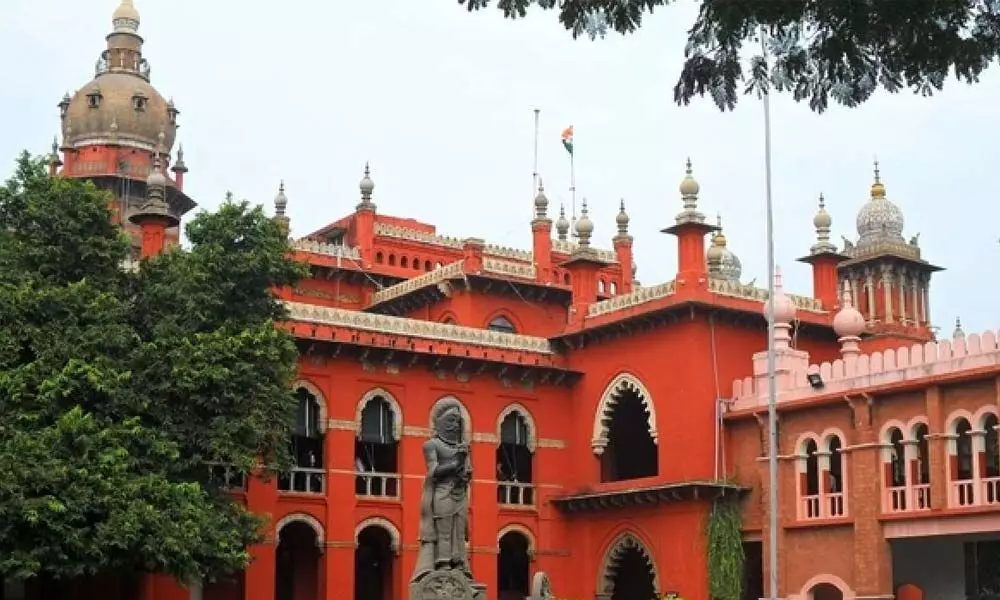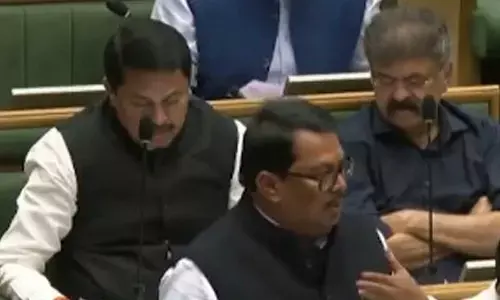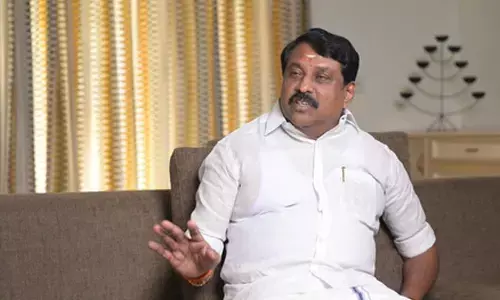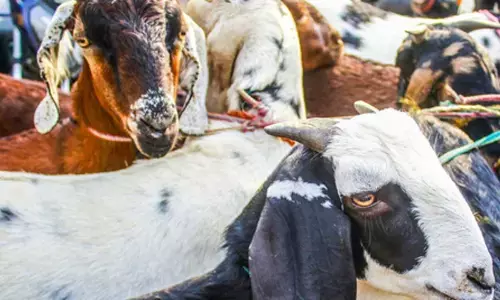Madras High Court Issues Interim Order On LGBTQIA Community And Issues Directions To Prohibit Discrimination

Madras High Court
In an interim decision made in the instance of a lesbian couple who had requested protection, Madras high court Justice Anand Venkatesh provided a series of directions for the LGBTQIA community's safety, prohibition of harassment by authorities, and destigmatization in a society
In an interim decision made in the instance of a lesbian couple who had requested protection, Madras high court Justice Anand Venkatesh provided a series of directions for the LGBTQIA community's safety, prohibition of harassment by authorities, and destigmatization in a society.
The case concerns a lesbian couple who escaped Madurai and are now residing in Chennai with the assistance of an NGO. Their parents were opposed to the relationship and had reported them missing to the authorities. They sought protection from the court after being probed by the police.
Unlike other cases, the court was given the opportunity and responsibility to weigh in on inclusion, justice against discrimination, the social concept of morals, and traditions in this instance, according to the Justice. The names 'homosexual,' 'gay,' and 'lesbian'have always been anathema in the society and upbringing, the Justice added.
The Justice went on to say that he has no qualms about admitting that he is among the majority of people who do not understand homosexuality.
While explaining about the need for providing justice to the homosexual section of society he said, "Ignorance is no justification for normalizing any form of discrimination."
He further stated that the real issue is not that the law doesn't recognise a connection. it is that the penalty that society bestows on it isn't available. It is for this reason that I am convinced that the transformation must occur at a societal level and that when it is accompanied by legislation, there will be a significant shift in society's attitude by acknowledging same-sex couples.
As he prepared to deliver his judgement, Justice Venkatesh voluntarily underwent psycho-educative sessions with a clinical psychologist to better understand the LGBTQIA community.
The court's ruling prohibits attempts to 'cure' or alter LGBTIQA and people's sexual orientation to heterosexual or transgender people's gender identification to cisgender.
Meanwhile, professionals will be sanctioned and their licences will be revoked. According to the court, mental health camps and awareness programmes will be held to help people understand gender, sexuality, and sexual orientation, as well as promote acceptance of diversity. This is one of the court's recommendations for raising awareness by ensuring that all parties, including the police, courts, and educational institutions, are involved.
The police and prison officials will be educated on the Offenses and Penalties outlined in Chapter VIII of the Transgender Persons (Protection of Rights) Act, 2019, as well as Rule 2020 compliance.
NGOs with community support will present firsthand concerns encountered by law enforcement authorities, as well as ensuring that transgender and gender nonconforming convicts are housed apart from cis-men convicts to avoid sexual assault by the latter on the former. The court also recommended anti-discrimination programmes for judicial personnel at all levels.
It has been requested that educational institutions assure that families are supportive. Schools and colleges have been required to provide gender-neutral restrooms, feature 'transgender' in addition to M and F gender columns, and allow transgender students to modify their name and gender on their academic records.
The court has ordered the Union Ministry of Social Justice and Empowerment to release a list of NGOs having competence in dealing with LGBTQIA+ issues, along with their contact information. Problems can be addressed by NGOs and the concerned ministry through counselling, monetary assistance, legal assistance with the help of the District Legal Services Authority, or coordination with other agencies.
Within 12 weeks after receiving this directive, the government must establish infrastructural arrangements for trans people in existing lodging facilities.
The court issued interim orders directing the Union and state governments to work together to eliminate stereotypes and bring the community into the mainstream. The directives include instructing police to close complaints without harassing trans people if they get missing complaints of any girl, woman, or man who are later discovered to be consenting adults who identify as LGBTQIA.














